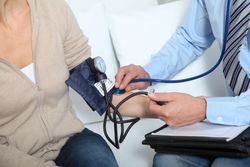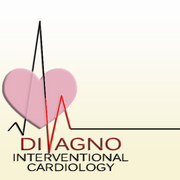4 Facts You Should Know About Heart Disease

While heart disease poses a health risk to both men and women, women face some unique challenges when it comes to diagnosing and treating such conditions. As a result, it’s crucial that everyone has the right information to protect themselves. Below are a few facts to help you better work with doctors to find the best treatment and prevention for the ailment.
What to Know About Heart Disease
1. Men & Women Experience Different Symptoms
Some symptoms, like chest pain, nausea, and sweating, impact both men and women. However, women tend to experience other issues that are often written off as less serious. For instance, they are more likely to have fatigue, back pain, and shortness of breath, and feel light-headed. Problems such as these tend to present a year before the first heart attack for all parties.
2. Exercise Is Crucial
Exercise is a key component of heart attack prevention. Not only does it decrease stress—a major contributor to heart disease—but it also impacts the organ’s functionality, including strengthening the arteries. The American Heart Association suggests 30 minutes of moderate aerobic activity at least five days a week.
3. Poor Sleep Plays a Role in Heart Disease
 A poor night’s sleep causes more than just grogginess; it can also impact your health. Strive for at least seven or eight hours of rest each night. Doing so can lower your blood pressure and stave off damaging conditions like strokes and heart attacks.
A poor night’s sleep causes more than just grogginess; it can also impact your health. Strive for at least seven or eight hours of rest each night. Doing so can lower your blood pressure and stave off damaging conditions like strokes and heart attacks.
4. Watch Your Blood Pressure
Over time, high blood pressure damages the coronary vessels and increases the risk of plaque buildup. Women tend not to develop this issue until about 55, at which time more vigilant monitoring is necessary. Make diet- and exercise-related lifestyle changes to keep your blood pressure low, although your doctor might also recommend medication.
The team at DiVagno Interventional Cardiology, MD, PA, helps patients fight against heart disease. Led by Dr. Leonard DiVagno, these skilled doctors provide advanced care and guidance, so you can understand your risks and change your lifestyle accordingly. If you’d like to schedule an appointment at their Rochelle Park, NJ, practice, call (201) 845-3535 today. For more information about the services they offer, including cardiac MRIs, coronary stents, and nuclear stress tests, visit the website.
About the Business


